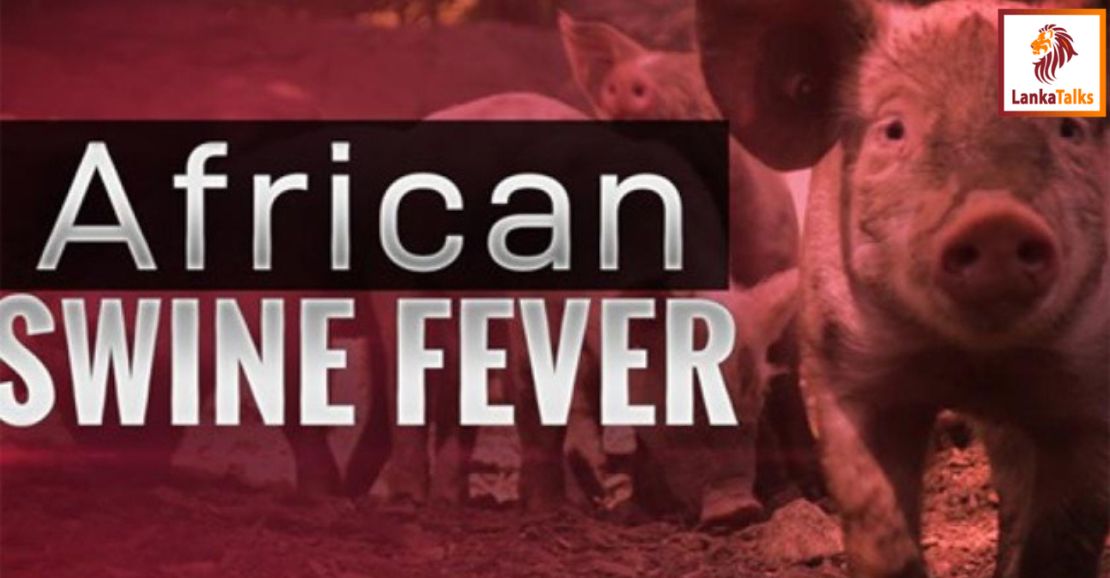African swine fever has likely entered Sri Lanka through improperly imported pork or discarded food items from airports and ports, said Dr. Hemali Kothalawala, Director General of the Department of Animal Production and Health, stressing that an epidemiological investigation is currently underway to confirm this.
Speaking at a media briefing held at the Department of Animal Production and Health office in Gannoruwa, Kandy, Dr. Kothalawala explained that a small portion of the country’s pork supply is imported, but only from countries free of swine fever, under strict import licences.
Dr. Kothalawala emphasised that there is no risk of the virus entering the country through officially imported pork. Instead, it is suspected that the virus may have been introduced through food discarded from ships arriving at ports or improperly handled pork.
She pointed out that the virus could spread to pigs fed with discarded food items on farms.
During the past one-and-a-half months, the Veterinary Research Institute confirmed cases of Porcine Reproductive and Respiratory Syndrome (PRRS) in farms across the country.
However, due to reports of distinct symptoms, samples from several farms were tested, confirming African swine fever in some animals, she reported.
As of now, Sri Lanka has recorded cases of both PRRS and African swine fever. Although a vaccine exists for PRRS, no vaccine has been developed yet for African swine fever. Both diseases are viral, but African swine fever is highly pathogenic. To curb its spread, a gazette has been issued prohibiting the transport of pigs, pork, and other infected materials between divisional secretariats.
Currently, virus-infected animals have been reported in only four provinces. Dr. Kothalawala noted that all provincial directors of the Department of Animal Production and Health have been informed of the necessary measures to contain the outbreak. Guidelines were also issued on the safe disposal of infected animals by incineration or burial in deep pits to minimize environmental contamination.
Source:Daily News



 Mathuri
Mathuri



